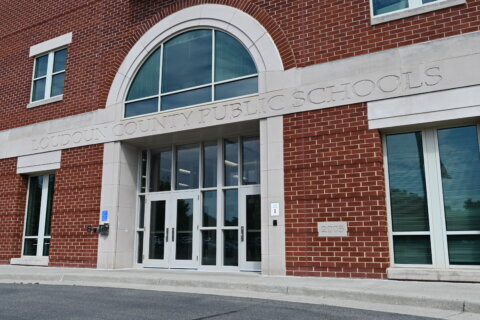Loudoun County’s Board of Supervisors is set to vote Wednesday to approve a disposable plastic bag tax of 5 cents per bag, which would take effect July 1, 2022 in the Virginia county.
In an attempt to reduce plastic bag pollution, the Virginia General Assembly in 2020 enacted legislation that any city or county in Virginia may impose a 5-cent tax on each disposable plastic bag provided to shoppers in local grocery stores, convenience stores and pharmacies.
On Jan. 1, 2022, bag taxes will take effect in Fairfax County and Arlington County, and the cities of Alexandria, Fredericksburg and Roanoke.
The tax would apply to plastic bags provided by a grocery store, convenience store or pharmacy, for items that would taken from the business.
The tax would not apply to plastic bags used to wrap food to avoid damage or contamination, bags used for dry cleaning or prescriptions, or those sold in packages for use as garbage, pet waste or leaf removal. In addition. The tax does not apply in restaurants, including for “doggy bags.”
The proposed Loudoun County ordinance gives a start date of July 1, 2022, in part to provide enough time to inform businesses of their responsibilities, and to allow lead time before implementation.
Out of every 5 cents collected by the state per bag, retailers would keep 2 cents until Jan. 1, 2023, when that share would drop to 1 cent.
In November 2020, the Loudoun board’s Finance/Government Operations and Economic Development Committee narrowly recommended, by a 3-2 vote. The staff report notes “low compliance rates seen in other jurisdictions in the early years of implementing a bag tax,” and estimates it will generate between $275,000 and $340,000 in fiscal year 2023.
The Virginia Department of Taxation is responsible for the administration, collection, and enforcement of the tax.
According to Virginia code, revenues generated from the disposable plastic bag taxes are restricted for specific uses.
Loudoun County’s Department of General Service has identified expenditures that fall in line with the restrictions, including providing reusable bags to residents receiving Supplemental Nutrition Assistance Program (SNAP) or Women, Infants and Children (WIC) benefits.
Other planned expenditures would include programs to reduce littering, and increase recycling.








